
THE FLEXIBILITY DIET
Stiff or flexible is not a diagnosis; it's a symptom.
Anatomically speaking, it's true that some of us have a better ROM (range of motion) than others but flexibility can be highly influenced by life habits. Obviously, stretching and elongating your muscles are no-brainers, but you can also influence your potential elasticity with what you eat.
What foods are best for flexibility? This question may seem daunting. The key is identifying which foods act as natural sources of protein, vitamins, minerals and omega-3 fatty acids that will help keep joints lubricated and healthy.
FOOD, NUTRIENTS AND SUPPLEMENTS TO IMPROVE YOUR FLEXIBILITY
1. Water
Water is not considered food, but it is one of the essential element to prioritise in your diet. Staying hydrated is crucial for your overall health, but did you know that chronic dehydration is one of the leading causes of stiffness?
A new study demonstrates in vivo changes in leg flexibility and stiffness based on hydration level: the more hydrated, the more mobility; the more dehydrated, the more stiffness [1]. The observed changes in flexibility and stiffness are attributed to alterations in the mechanical properties of collagen located within and surrounding the musculotendinous unit of the hamstring muscles, the connective tissues, skin and fascia of the posterior leg [3].

Let's see how water influences muscle elasticity.
Muscles are composed of about 70% water, which highlights the critical role hydration plays in their proper function. The more hydrated you are, the better your muscles can lengthen and contract. Dehydration, on the other hand, impairs this ability, making muscles less flexible and more prone to injury. This becomes particularly important in older adults, where dehydration is associated with frailty—a condition where muscle weakness can become life-threatening [2]. Additionally, dehydrated muscles are more susceptible to damage and naturally resist stretching, increasing the risk of strain.
Lubricated Joints
Your joints are formed of synovial fluid, which is partly made up of water. When you're dehydrated, there's less fluid in your joints, which can make them feel stiff and less flexible. When joints have entirely lost their lubricated membrane, one will often use more invasive treatments like injecting hyaluronic acid that will help retain more liquid and create a temporary solution. It's important to delay joint dehydration by staying as healthy and hydrated as possible while exercising—and stretching—safely.
Muscle Strength
Dehydration causes muscle weakness. A poor water intake while exercising could also make DOMs (delayed onset muscle soreness) worse. You will feel more soreness the day after training, and your recovery time will become longer.
2. Green Vegetables:
Eating dark, leafy greens like spinach, broccoli, and seaweed can improve your flexibility. Their high water content helps flush out acids from your body and keeps you hydrated, which is key for muscle and joint health.
3. B-Complex Vitamins
Often underestimated when it comes to flexibility, B-complex vitamins are essential to keep your metabolism healthy. One of their benefits for your flexibility is their ability to boost muscle strength—and recovery. They will allow your body to become more flexible by adapting faster to the stress of a flexibility practice, feeding the muscles of nutrients needed to recover and adapt. They can also prevent muscle cramps and let you stretch with ease more consistently.
Some excellent sources of B vitamins include meat, seafood, poultry, eggs, dairy products, legumes, leafy greens. If you are vegetarian or vegan, consider supplementing with a clean source of B-complex.

4. Anti-Inflammatory Elements
Chronic inflammation can cause fluid retention, which may lead to muscle stiffness. Certain foods, particularly fruits and vegetables, contain anti-inflammatory compounds that can help reduce this stiffness. For example, bromelain, an enzyme found in pineapples, has powerful anti-inflammatory properties. Additionally, spices like turmeric and ginger are also excellent natural options for reducing inflammation.

5. Amino Acids
The body needs specific amino acids to regenerate healthy connective tissue, such as muscles, skin, tendons, and ligaments. Eating foods rich in amino acids can promote flexible joints. For better flexibility and recovery, aim for high levels of amino acids like glycine, hydroxyproline, proline, alanine, and arginine. Meat, poultry, eggs, dairy, and fish contain all 9 essential amino acids. If you’re not getting enough from your diet, consider daily supplementation. With a unique amino acid profile, FLEXIBLE provides high levels of these key nutrients, supporting joint and connective tissue health.
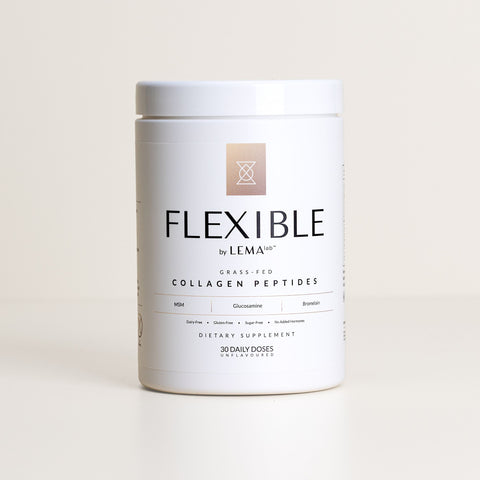
6. Omega-3
Omega-3 fatty acid supplementation has been shown to benefit the nervous and cardiovascular systems, with anti-inflammatory effects that help reduce exercise-induced muscle damage. Omega-3s are also known to improve blood flow during exercise and may help reduce stiffness afterward. You can find omega-3s in various fish and other seafood, particularly cold-water fatty fish like salmon, mackerel, tuna, herring, and sardines. Vegan options include certain algae, nuts, and seeds such as flaxseeds, chia seeds, and walnuts [4]. Plant-based sources typically contain ALA, which is less potent than the EPA and DHA found in fish.

WHAT TO AVOID
Limit your coffee and alcohol consumption as they can contribute to dehydration. Processed carbs and sugar-rich foods should also be avoided, as they accelerate collagen breakdown in your body, leading to a loss of mobility.
We've covered a lot of ground so far, but the best may be yet to come. Here are 10 quick FLEXIBLE recipes and their benefits. Get ready for some healthy, delicious food that will help you stay on top of your game.



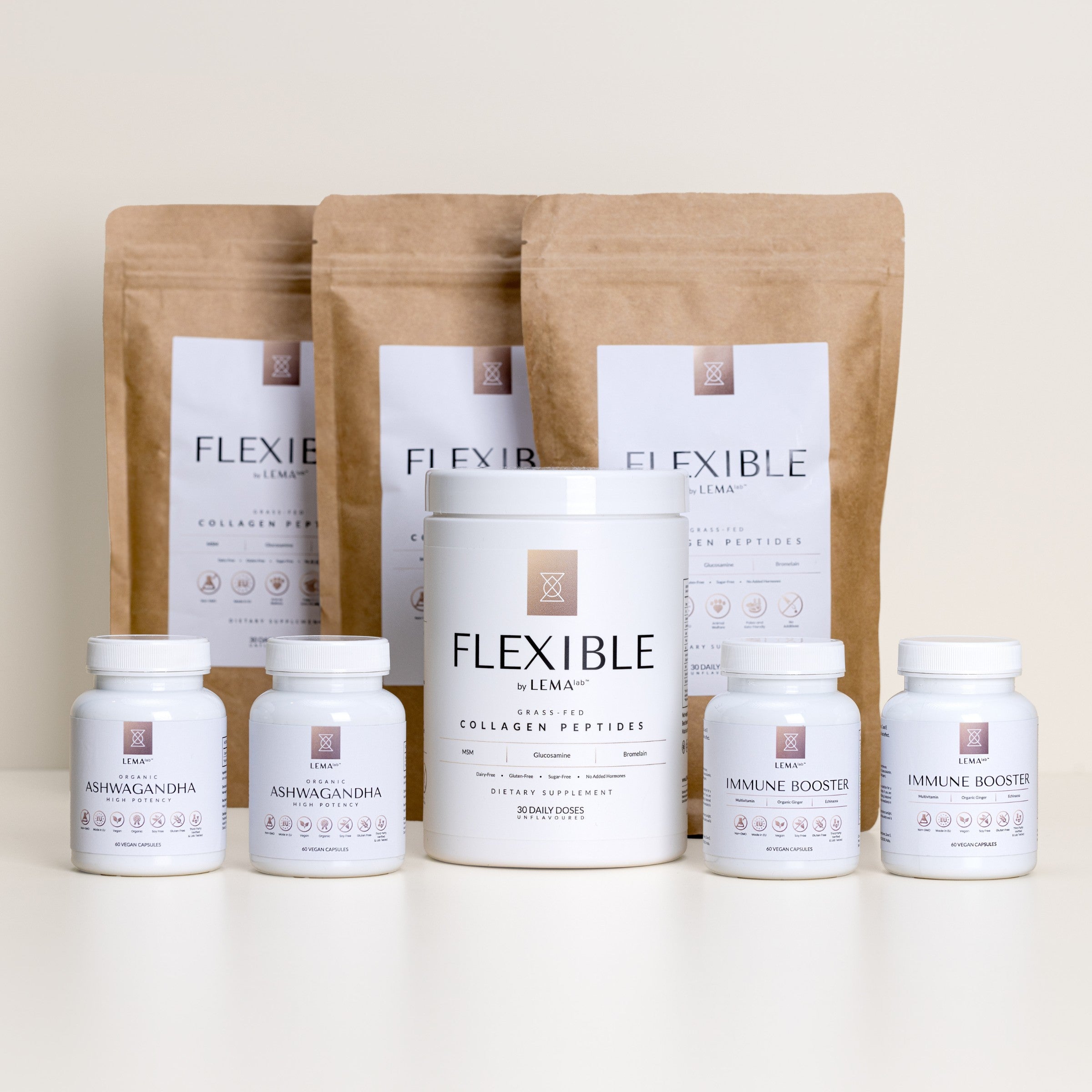
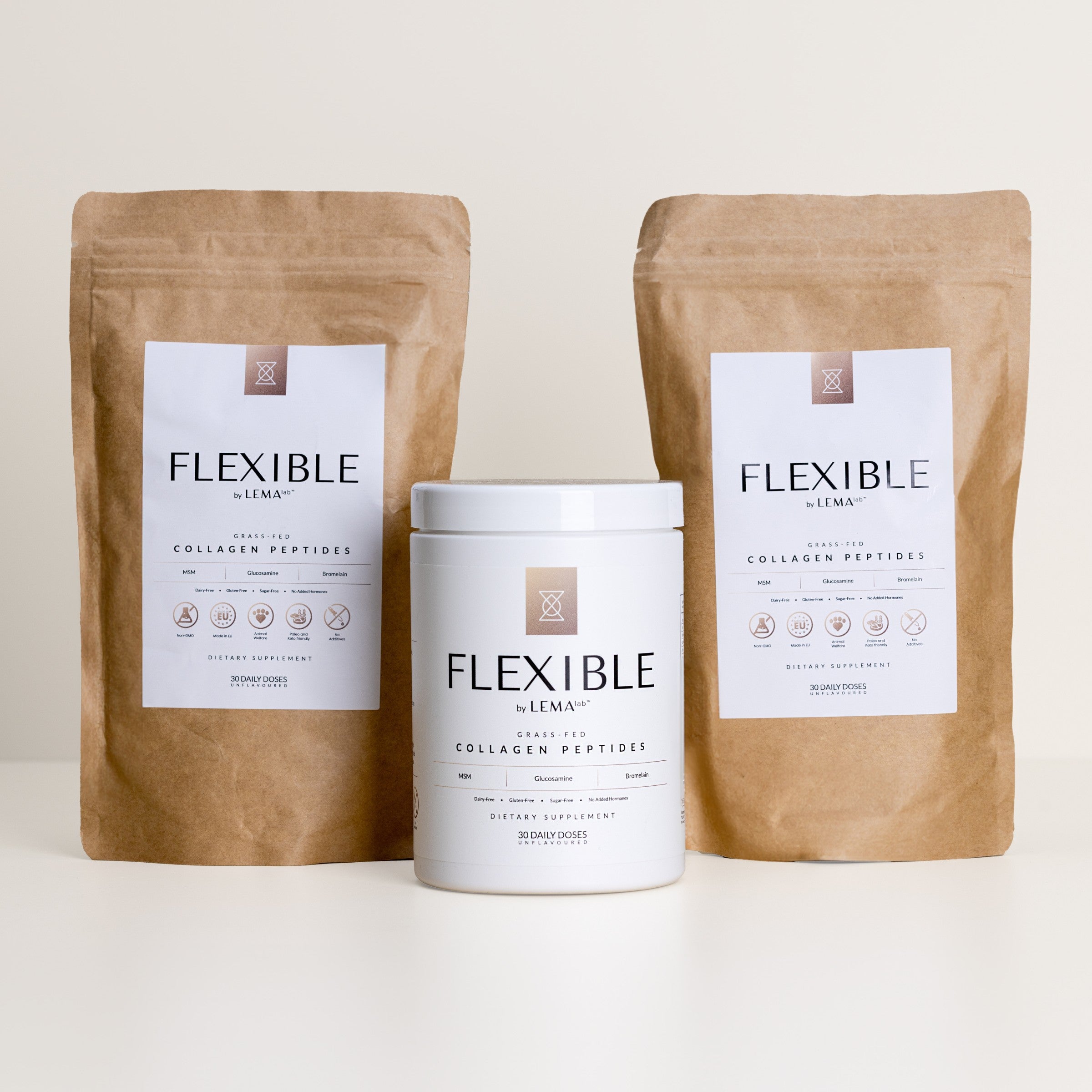

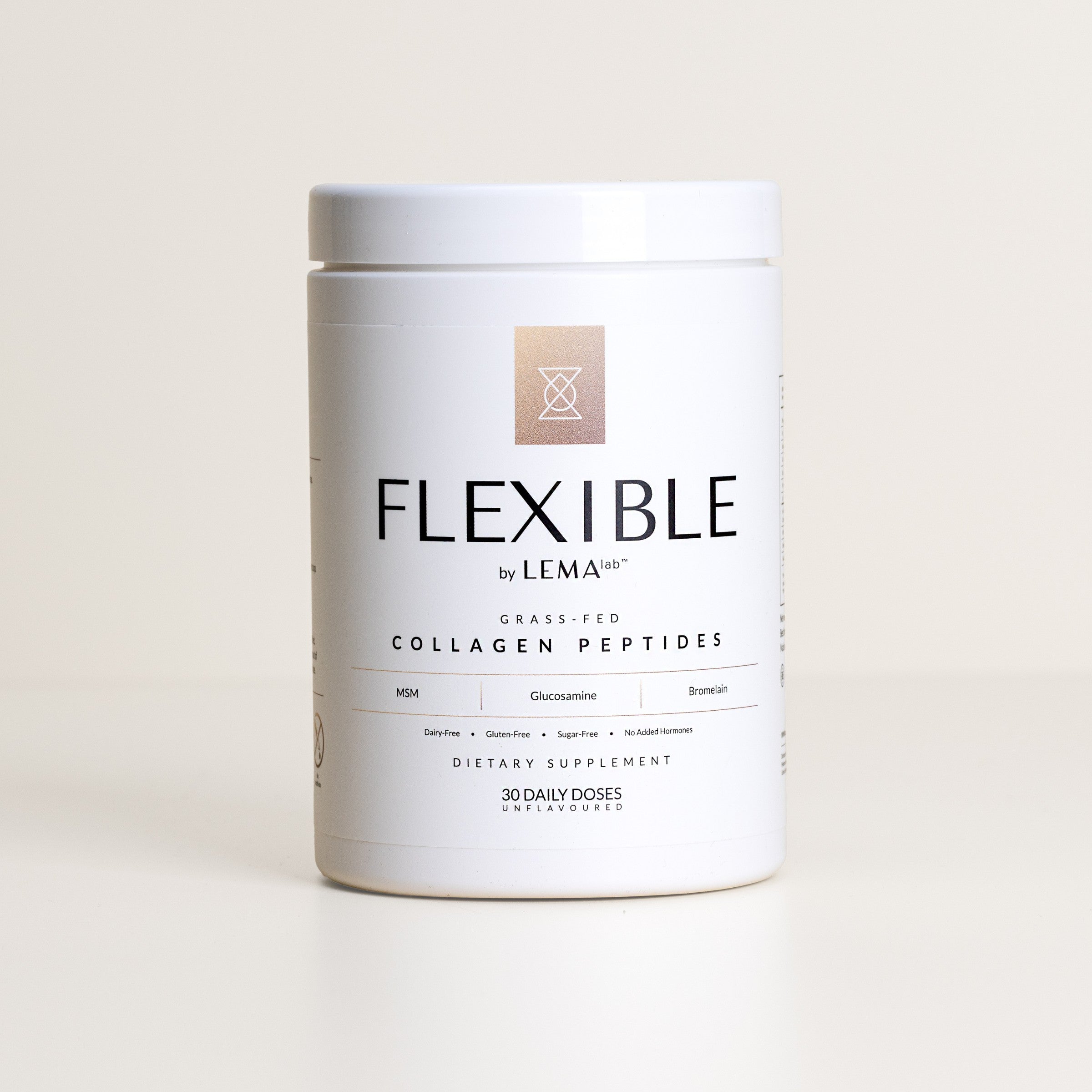
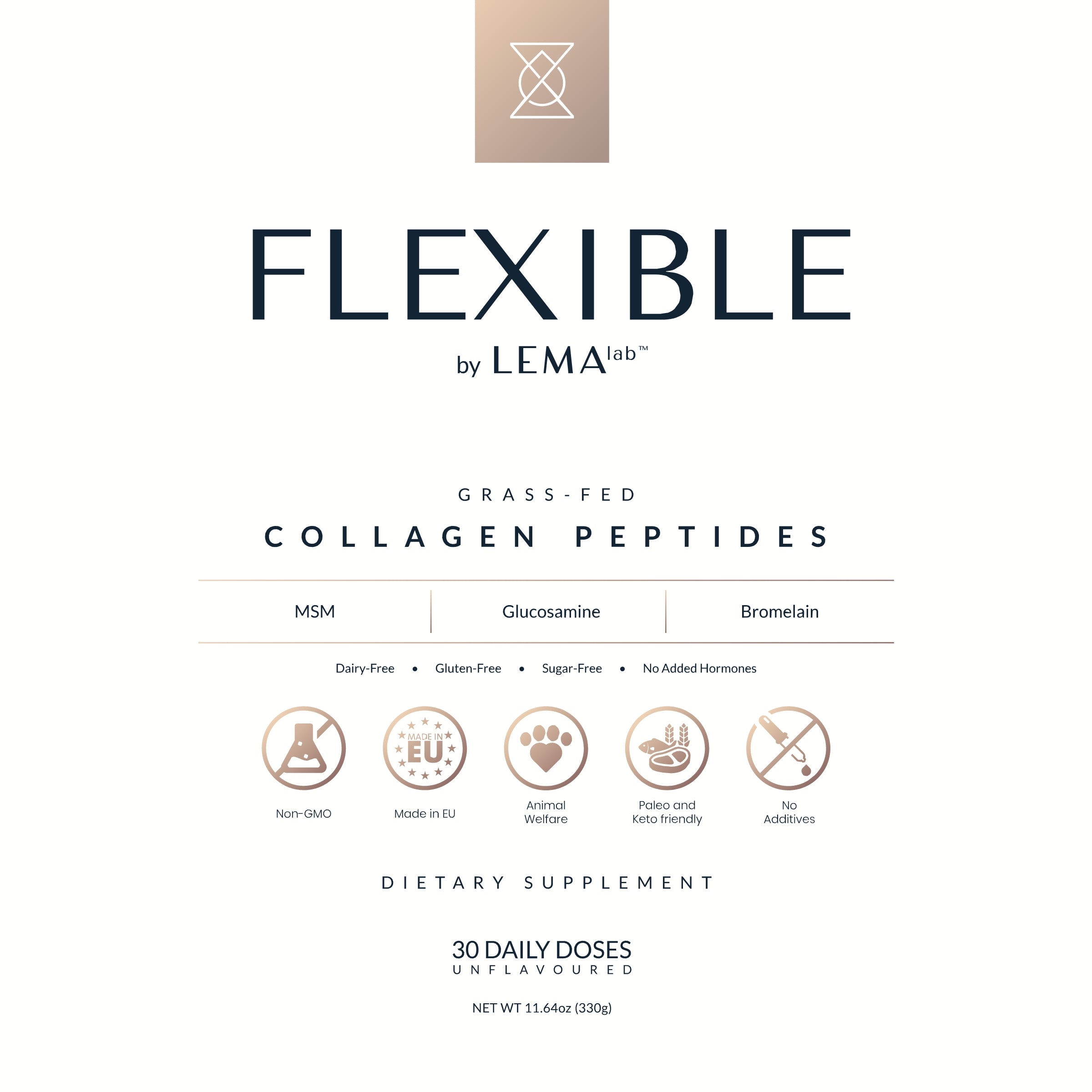
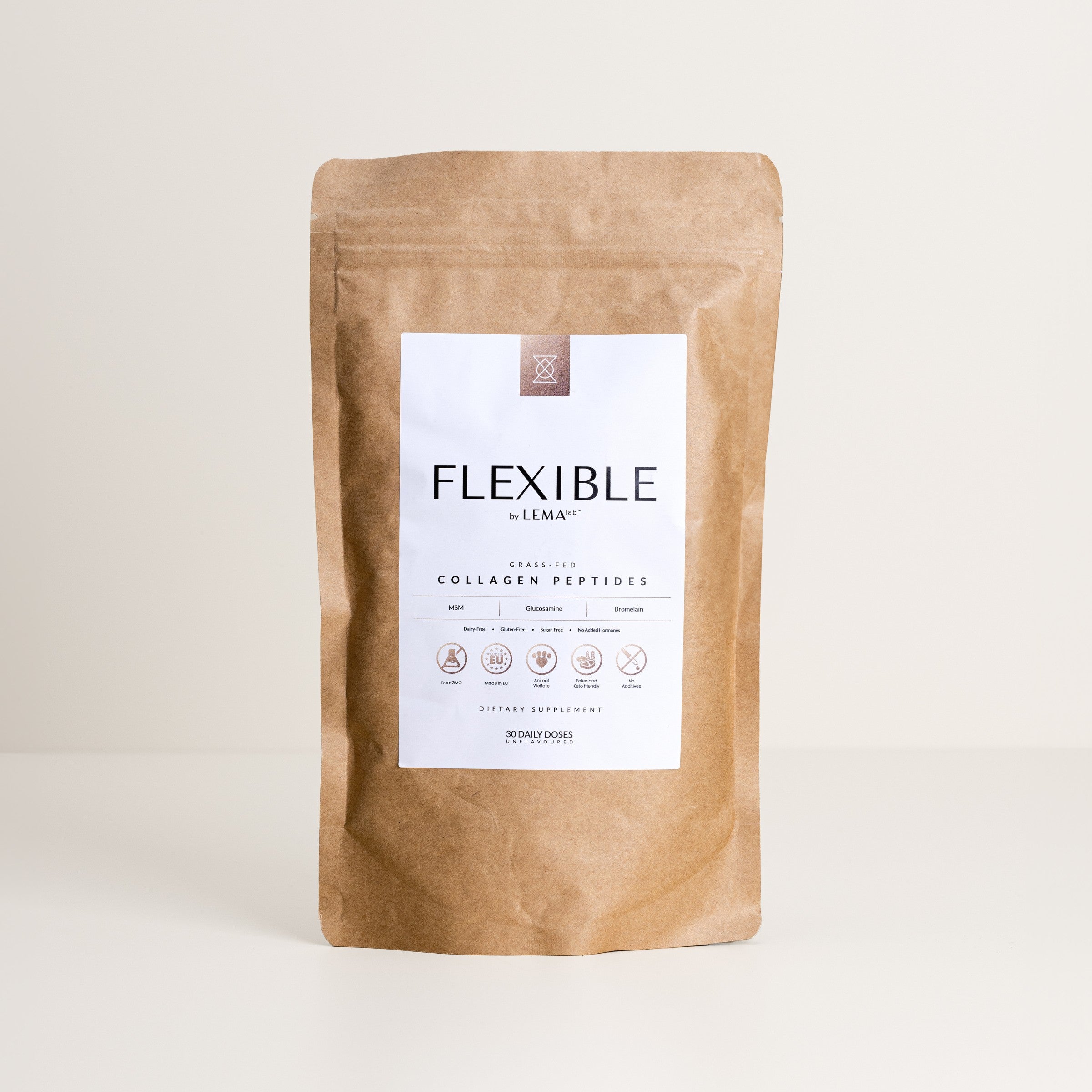
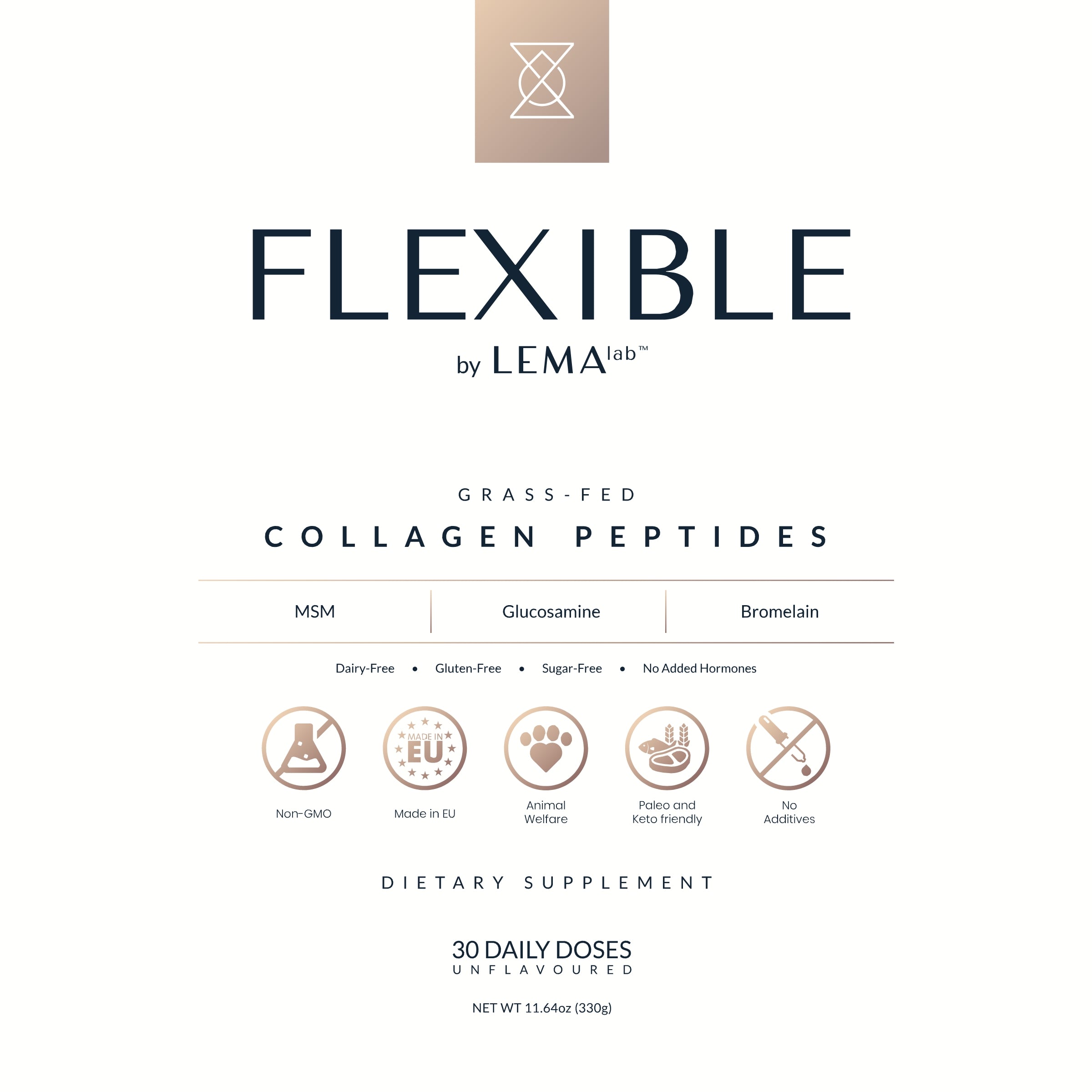
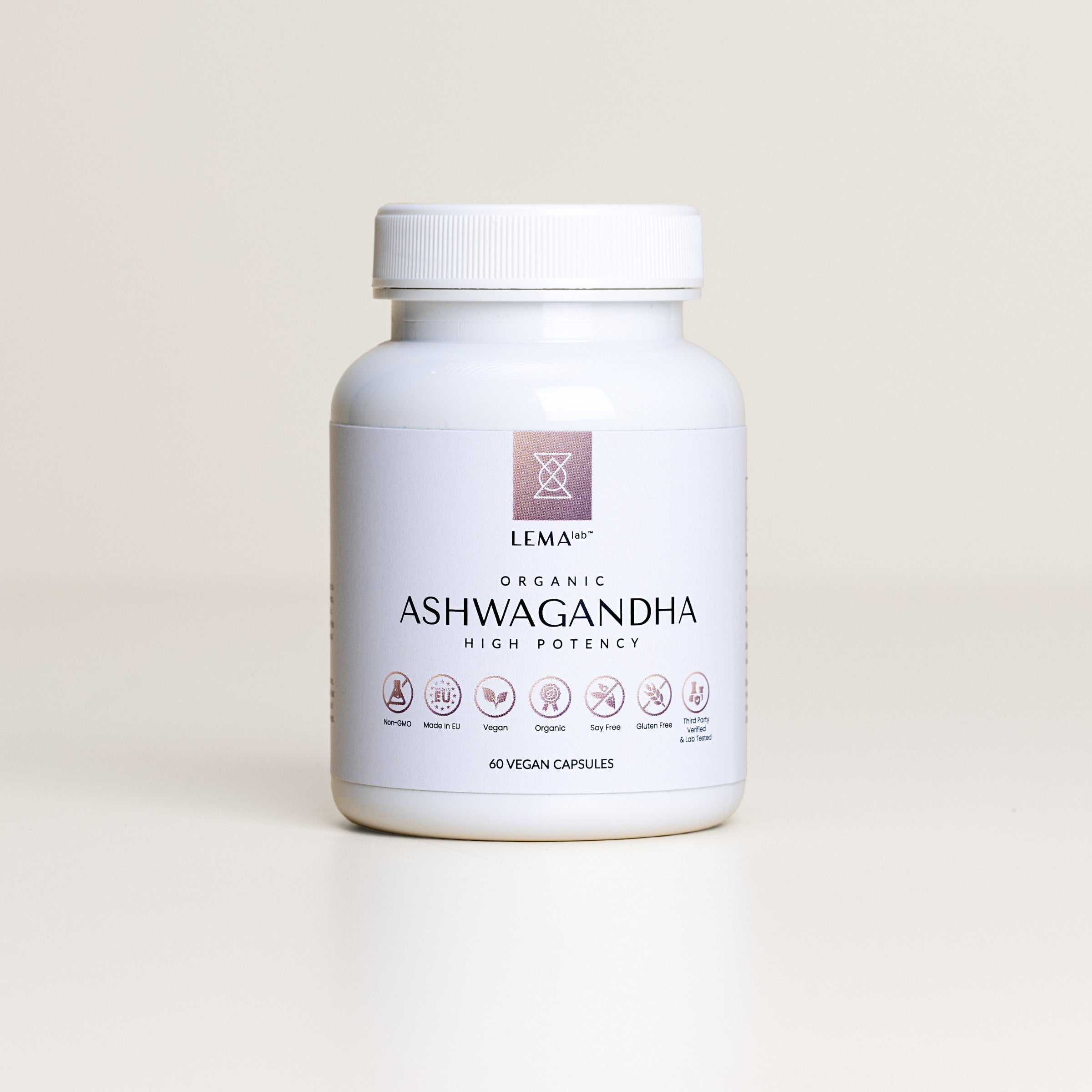
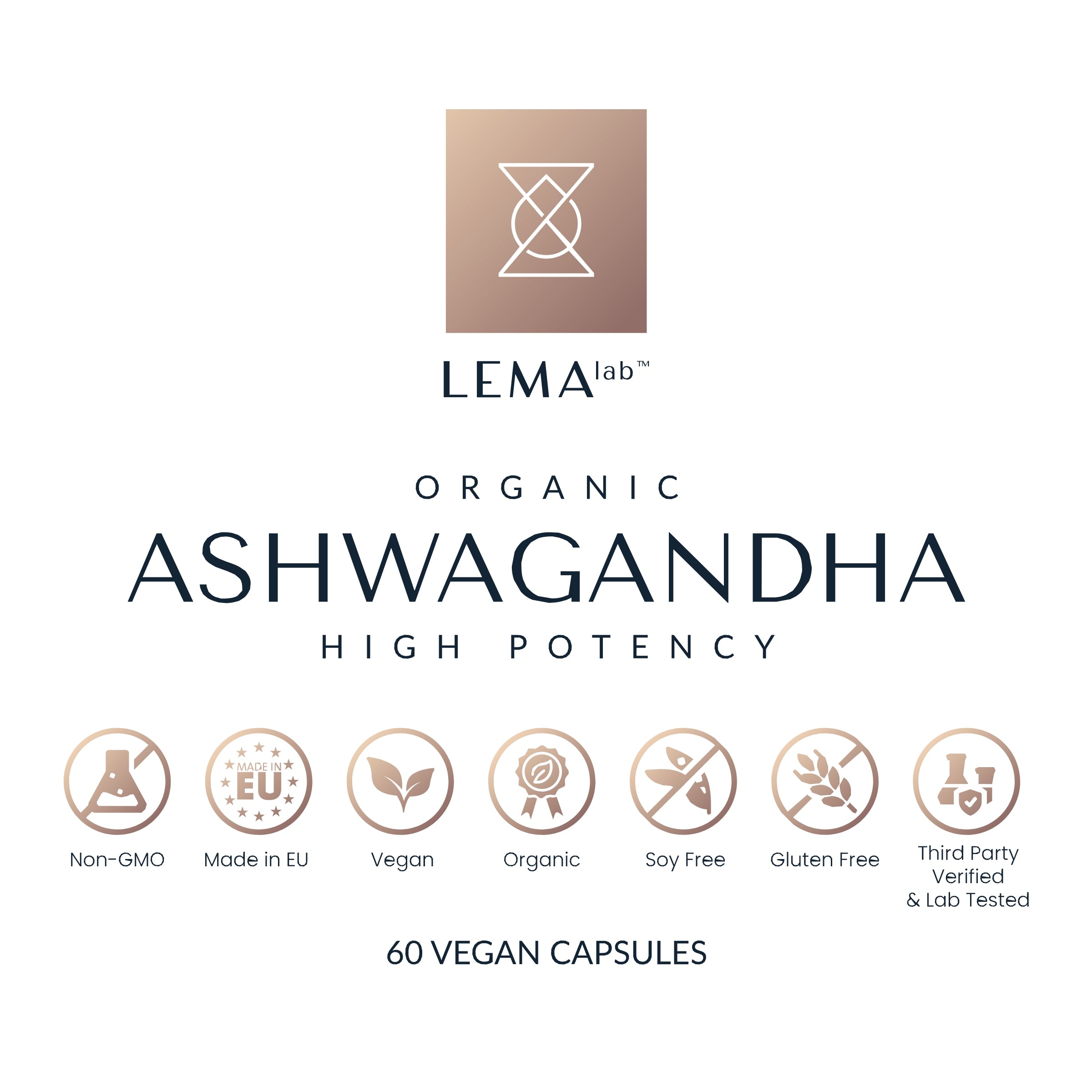
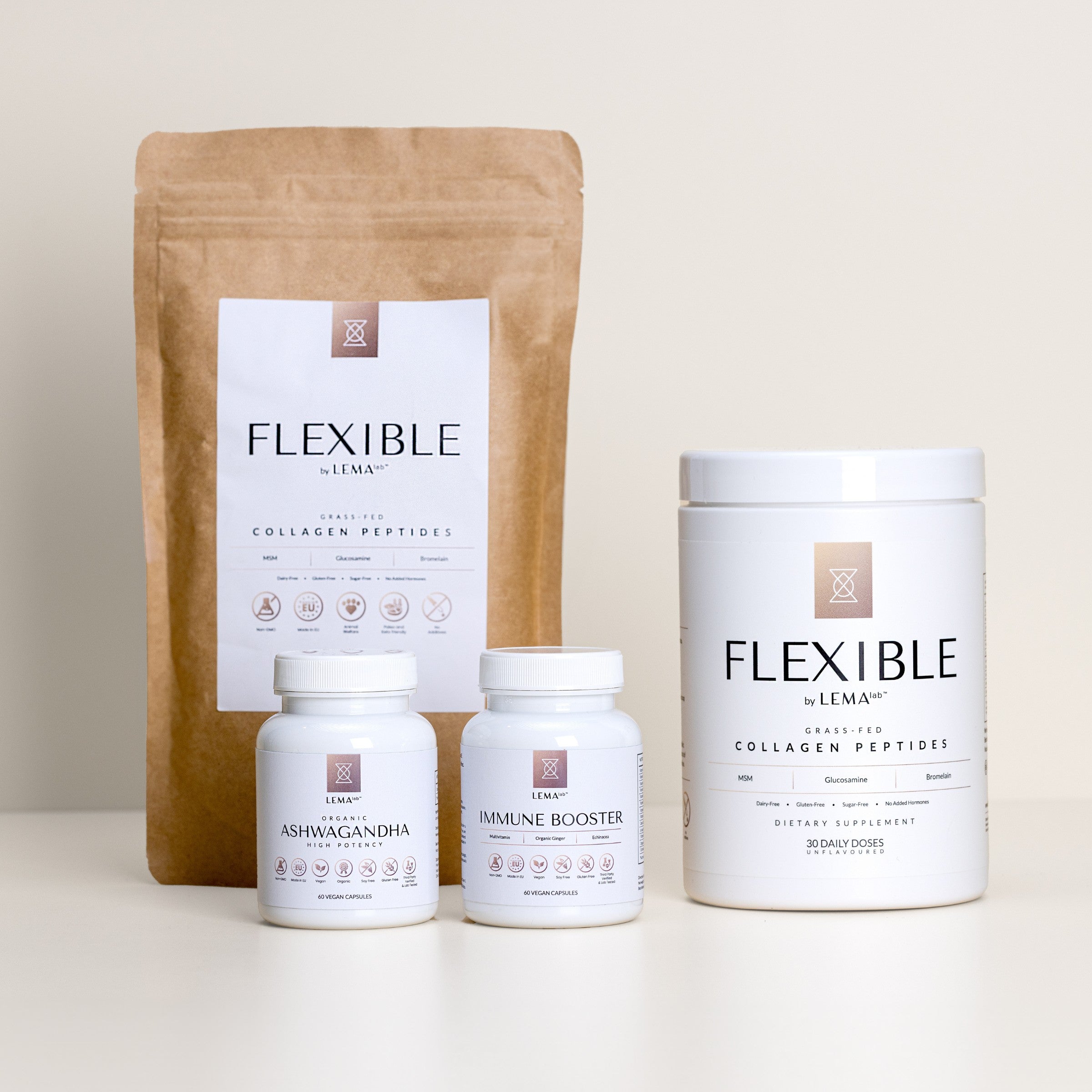
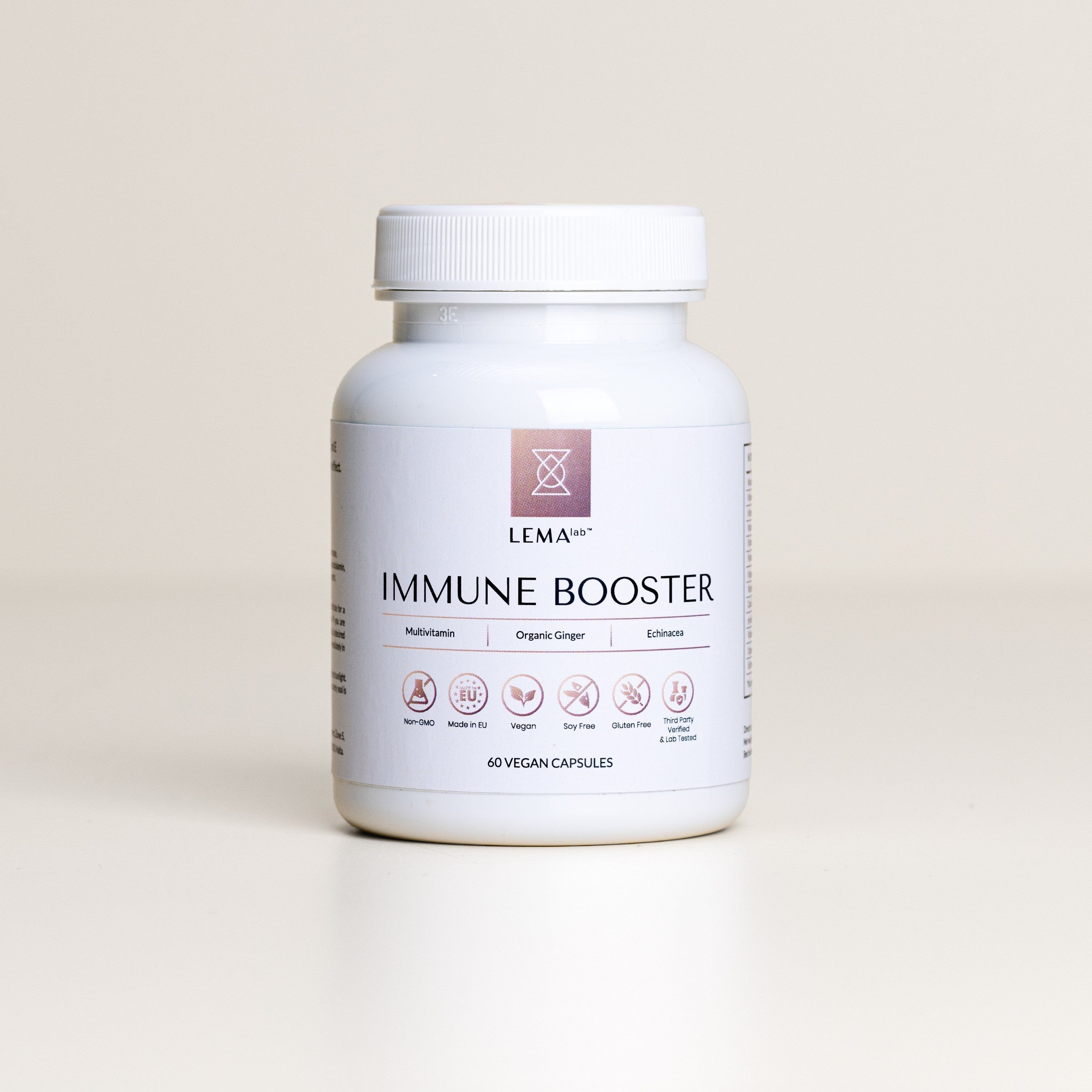
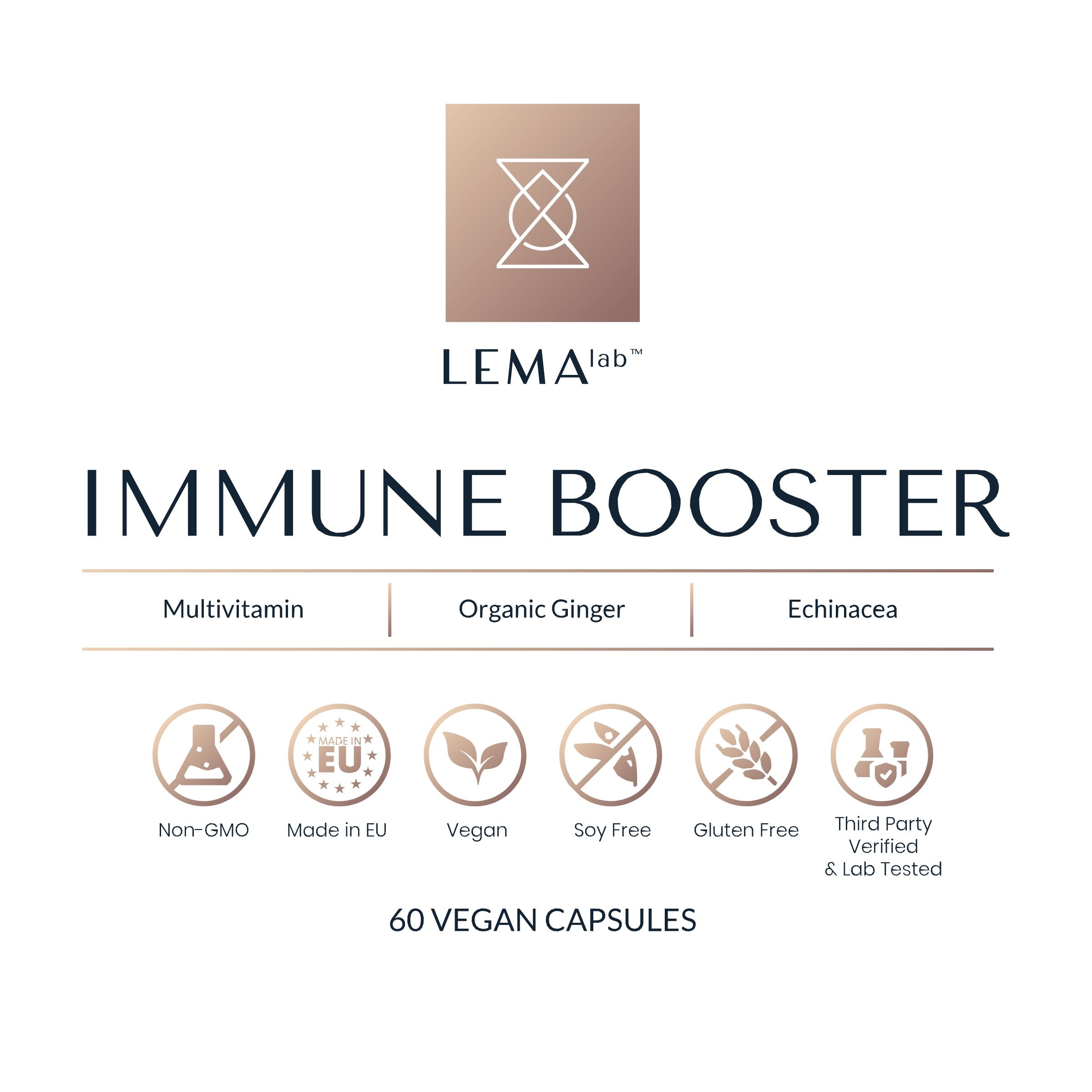
Leave a comment
This site is protected by hCaptcha and the hCaptcha Privacy Policy and Terms of Service apply.